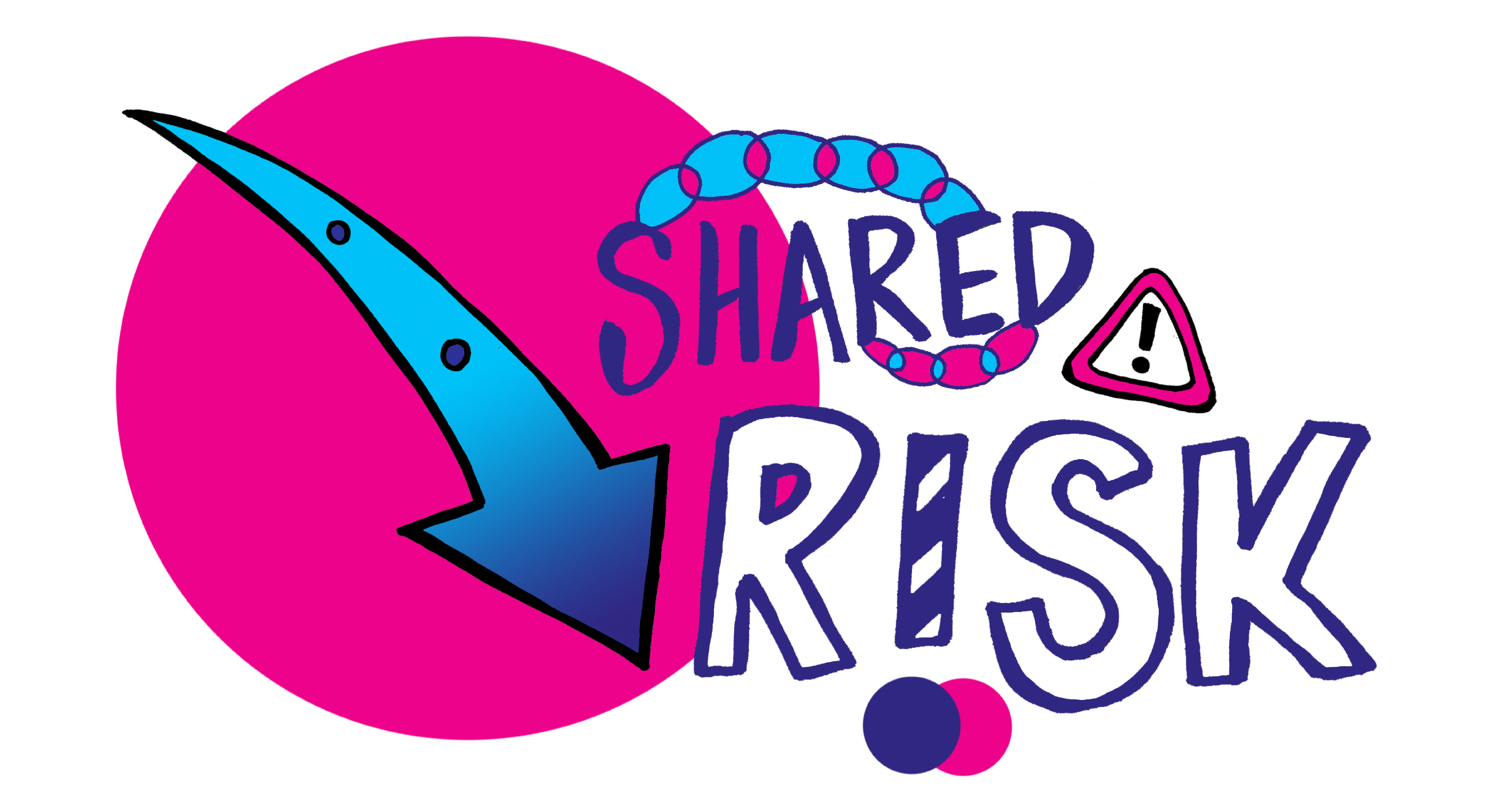
Submitted by Catherine Atkins on Tue, 17/01/2023 - 16:52
An anthropologist, a clinician and a patient representative… No, it’s not the first line of a cheesy joke but covers just some of the fields encompassed by people involved in cancer research. Interestingly, if you were to ask each of these people about the idea of cancer “risk” they would define it in a different way.
The concept of risk communication forms the subject of a new, bitesize online course, known as a Massive Open Online Course (MOOC), aimed at helping researchers active in very different disciplines to define and communicate the idea of cancer risk.
The background to the production of this online course is fascinating. Social anthropologist Dr Kelly Fagan Robinson has always been interested in health communication to diverse audiences - her previous roles include developing sign language resources for the UK National Health Service to enable deaf patients to be able to interact better with their GP, affording them the privacy that hearing patients take for granted.
Subsequently, as a researcher in the University of Cambridge Department of Social Anthropology she became involved in a project entitled “Elusive Risks”. Funded by a pump priming award from the Cancer Research UK Cambridge Centre Early Detection Programme, Kelly and colleagues Drs Ignacia Arteaga and Maryon McDonald worked with groups on the edges of society, such as rough sleepers, undocumented migrants and the Gypsy, Romany and Traveller communities, to understand their experiences of care and risk in their lives. Typically, these groups do not participate in clinical trials, or even cancer screening programmes, so they are often left out of the data.
The researchers found that these groups’ view of “care” often had negative connotations, such as children being taken into care or drug and alcohol rehabilitation care – and they therefore regarded cancer care in the same light. Views of “risk” were often seen in a more positive way.
To illustrate this point Kelly gives the example of a rough sleeper involved in the project: “I worked with a person who told me that they do have a cough and had been meaning to go and get it checked, because they lost their grandmother and mother to cancer, but last night their sleeping bag was on fire.
“If you're like ‘This sleeping bag’s on fire!’ cancer becomes a different kind of risk in your life. It’s just not something that's going to be addressed immediately.”
This project got Kelly thinking about how different people view risk differently and she was inspired to study this further, in the context of cancer risk. She successfully applied for a Skills Exchange Award from Cancer Research UK’s ACED Alliance for a joint project with the University of Manchester. The initial focus of the project was on risk prediction modelling – creating mathematical models to assess who is at higher risk of developing a certain cancer and who may be at a lower risk. But Kelly quickly realised that she, as a social anthropologist, and the mathematical modellers with whom she was collaborating all had a different understanding of the word “risk” – essentially they were speaking different languages.
Without the disciplinary training held by the risk prediction modellers, Kelly found that she missed a lot of the meaning and context. She explains: “I'm a qualitative researcher almost entirely, and when I first started the Skills Exchange with the University of Manchester team working on risk prediction modelling, I found that every other thing that they were telling me needed to be expanded on so that I could really understand what they were aiming for.
“The risk prediction modellers would explain to me that this number tells us risk because this process happened, and that process happened, then another process happened, but that wouldn't really give me a good grasp of what’s going into the data and how we understand the people involved in this data.”
The team had planned an in-person event to disseminate their findings, but due to COVID-19 this had to be moved online. When looking at the 10-minute presentations prepared by each member of the team, they realised the value of these in explaining risk perception across different disciplines and how these might benefit early cancer researchers more broadly, and so the idea of an online course was born.
Kelly then worked with live illustrator Jenny Leonard, who listened to the presentations, that had been edited down to three minutes each, as a lay person. Whilst listening she created live illustrations on film which enable the audience to follow the topic as it is being presented. The illustrations are interesting, accessible and engaging and form the basis of the MOOC.
This topic is the first of three planned courses forming the Shared Risk MOOC series. Take part today at: https://crukcambridgecentre.org.uk/education-and-training/elearning/risk-learning-to-share and listen to our podcast to hear more about Kelly’s story at: https://soundcloud.com/crukcamcentre/risk-communicating-across-disciplines
